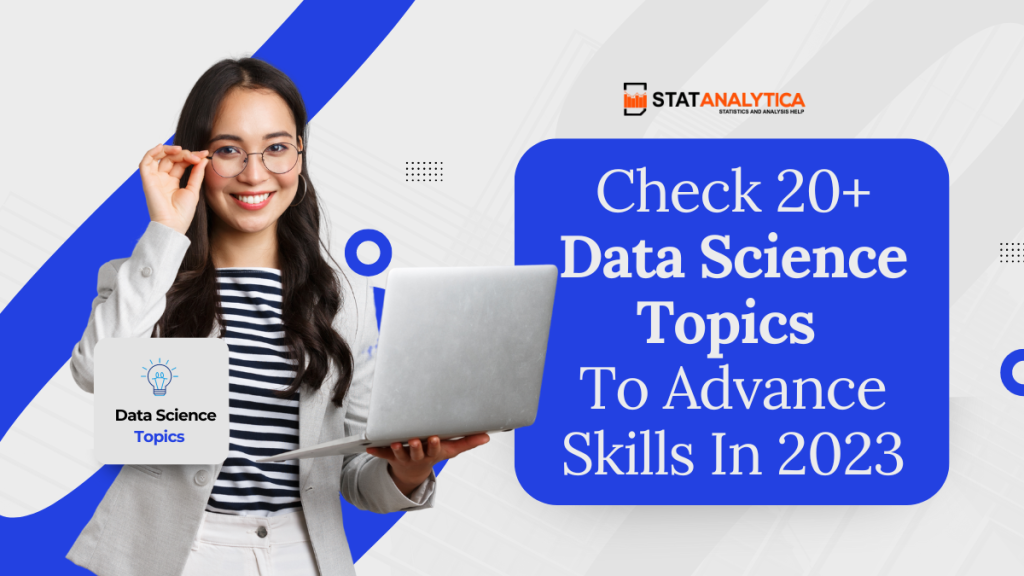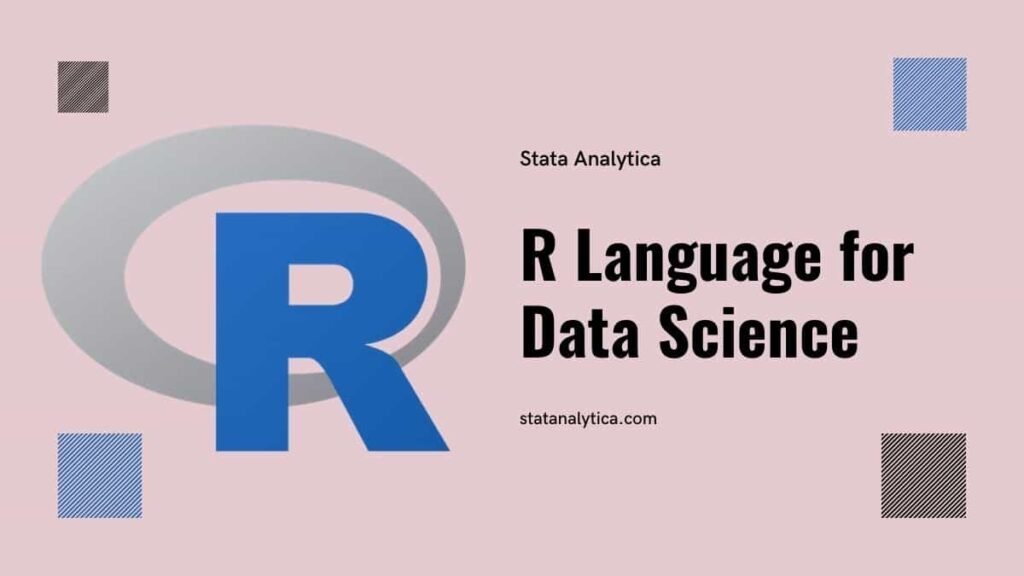Today, one can not deny the fact that data science topics are one of the most trending business points. Not only the business intelligence and data analysts experts. But also the financiers, C-level managers, marketers, and more have the goal. That is to advance their knowledge and data skills.
The world has been filled with different data that covers statistical and mathematical topics. These are for data mining and data science. Moreover, mathematical concepts are also used in machine learning. As well as in neural networks, artificial intelligence, and more.
Today, I will discuss the basic and advanced data science topics. This will help you to get the idea of where you can actually master the skills. Also, you can consider these topics to give you a direction to prepare for a successful career in data science.
So, let’s check the topics one by one.
What is data science?
Table of Contents
It is a collection of algorithms, tools, and machine learning techniques. These are to uncover hidden patterns taken from large amounts of data. But how does this differ from the work that statisticians have done for years?
The answer to this question lies in the difference between predicting and explaining.
As you can see in the figure above, a Data Analyst generally explains what is going on by using the data’s history. On the other hand, a Data Scientist does not only do exploratory research to uncover useful trends. But also employs powerful machine learning algorithms to predict a specific event in the future. A Data Scientist will examine the data from various perspectives. And discover the insights, including those that were previously unknown.
Prescriptive analytics, predictive causal analytics, and machine learning all prefer in data science to make predictions and decisions.
Top 3 data science topics each beginner must be familiar with
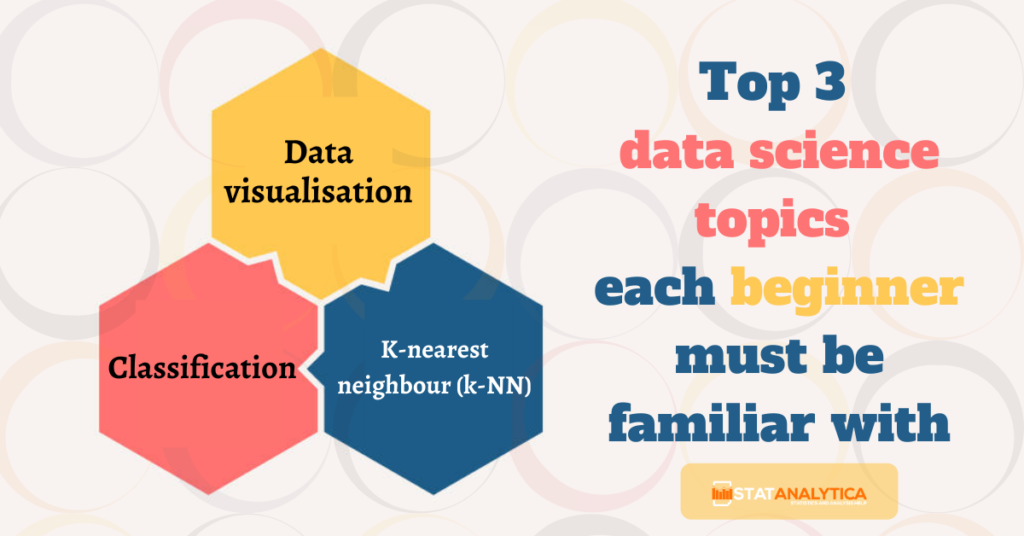
Data visualisation
It is the method of data presentation into the graphical form. It allows the decision-makers to check the data and analysis that are presented graphically. This makes it easier for data scientists to draw valuable trends or patterns.
It also considers broad study subjects that include the uses and understanding of the graph’s types (like a bar graph, histogram, line graphs, box and whisker plots, and more).
You can not understand data science topics if you do not have adequate knowledge of graphs. Additionally, it is also necessary to learn about multi-dimensional variables. This is possible by adding the variables and using distinct colours, shapes, sizes, and animations.
In data visualisation, manipulation also plays a key role. Therefore, you must be capable of zooming, rescaling, filtering, and aggregating the data. Using data visualisation skills, you can easily master some but important data science concepts.
Classification
It considers being the core data mining method that assigns categories to the given data set. Here, its main aim is to support the collected and correct predictions and analysis summarised from the given data.
Classification uses to analyse the large dataset efficiently. This considers in the list of data science topics. That is why data scientists must be aware of using classification algorithms. As these algorithms use to solve the complicated problems of business.
Topics like defining methods of classification problems, exploring data with variate visualisation, and more can help you to understand the classification effectively.
K-nearest neighbour (k-NN)
The N-nearest-neighbour method is a data categorization technique. It determines how likely a data point belongs to one of many groups. Moreover, it relies on the distance between the data point and the group.
K-NN is one of the most significant data science topics ever since it is one of the essential non-parametric methods used for regression and classification. A data scientist should determine neighbours, use categorization methods, and choose k.
Top 3 data science topics intermediates must know
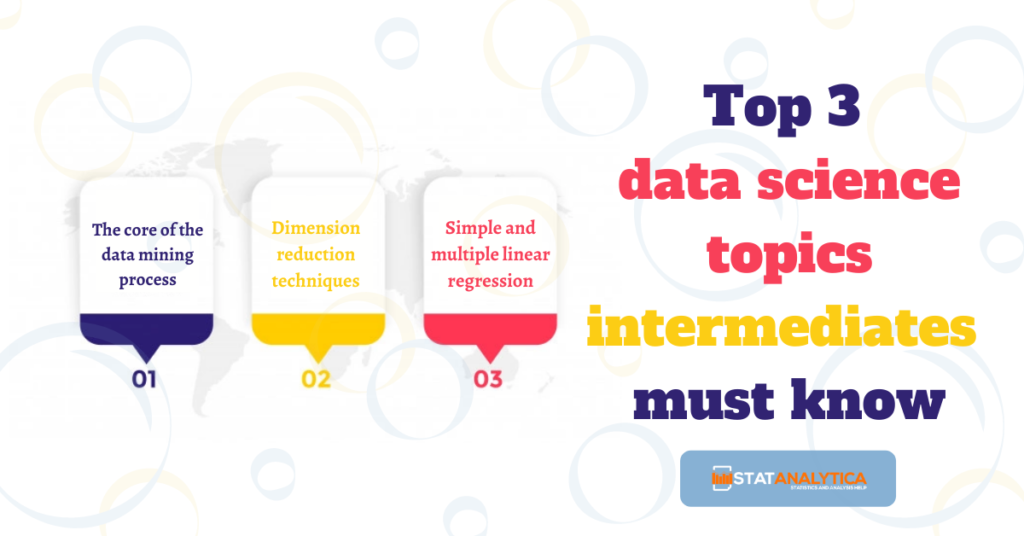
The core of the data mining process
It is the iterative process. This involves the findings of the new and useful patterns drawn from the large data set. This comprises techniques and methods like statistics, machine learning (check the difference between data science vs machine learning), and database systems, and more.
The main aim of data mining is to discover the patterns and establish the relationship and trends within the dataset to solve problems. Problem defining, data exploring, data preparing, modelling, evaluating, and deploying are all considered in the data mining process stages.
The terms such as classification, association rules, data exploration, data reduction, predictions, data reduction, and more are related to data mining.
Dimension reduction techniques
The dimension reduction process consists of converting vast dimensional data to lesser dimensional data. The process ensures that it supplies equivalent information.
In other terms, dimensionality reduction is a collection of ML (machine learning) and statistics. It approaches and methodologies to reduce random variables. Dimension reduction may be accomplished using a variety of approaches and strategies.
Missing Values, Decision Trees, Low Variance, Random Forest, Factor Analysis, High Correlation, Principal Component Analysis, and Backward Feature Elimination are the most popular dimension reduction data science topics.
Simple and multiple linear regression
It has been seen that the linear regression models include in the basic statistical models. These models are useful for studying the relationship between the X independent and Y dependent variables.
This model allows you to predict and prognosis the value of Y over the distinct values of X. Simple and multiple linear regression models are the two different types of linear regression.
Terms like correlation coefficient, residual plot, regression line, linear regression equation, residual plot, and more define linear regression in data science.
Top 3 advanced data science topics to polish up your skills In data science
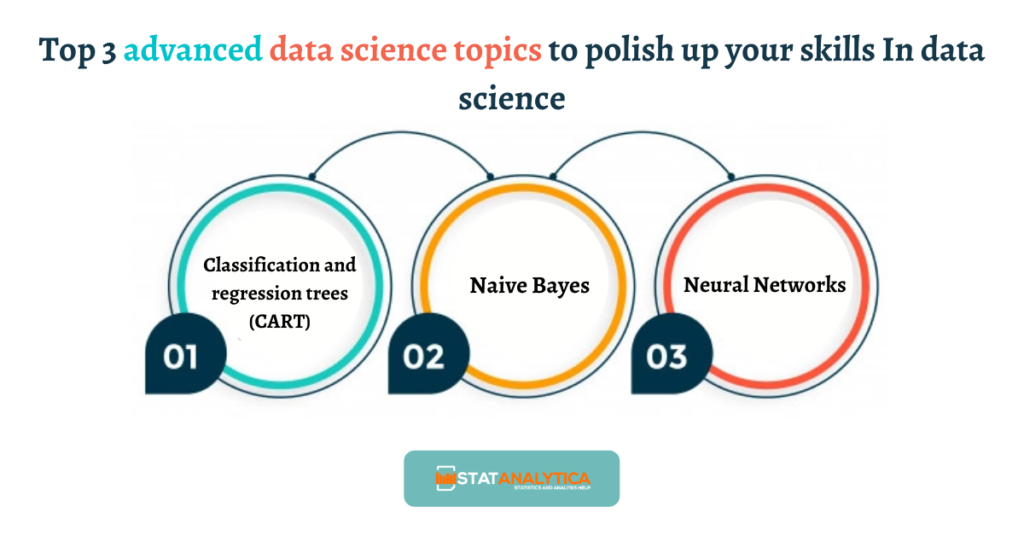
Classification and regression trees (CART)
When it is about algorithms, the decision tree algorithm plays an important role in predicting. This is the most recognized predictive modelling method that basically employs data mining. Machine learning and statistics employ regression or classification models in the tree’s shape. Due to this reason, this approach is known as classification and regression trees (CART).
These are working for both continuous data and categorical data. Data science topics such as classification trees, decision trees, regression trees, C4.5, M5, C5.5, and more are the topics of CART that you must master.
Naive Bayes
It is the classification algorithm based on the Bayes Theorem. This has applications (that are used in ML) such as document classification and spam detection. Some of Naive Bayes’ most crucial data science topics are Bernoulli Naive Bayes, Multinomial Naive Bayes, and Binarized Multinomial Naive Bayes.
Neural Networks
These are the hardware system and/or software that can mimic the neuron operations of the human brain. The main objective of creating the artificial neuron system is to get the systems that train for learning the data patterns and implement the functions such as regression, classification, prediction, and more.
A neural network is like deep learning technology that can solve complex pattern recognition and signal processing problems. Terms like perception, Hopfield network, and back-propagation include in the list of data science topics of neural networks.
10+ category: What are the other data science topics you need to learn?
Apart from the above-mentioned topics, there are still 10+ topics necessary for beginners and advanced levelled students. One can be called skilled once he/she gets the quality knowledge of the below-mentioned topics.
- Association rules
- Discriminant analysis
- Time series
- Cluster analysis
- Smoothing methods
- Regression-based forecasting
- Fraud detection
- Timestamps and financial modelling
- GIS and spatial data
- Data engineering – MapReduce, Hadoop, Pregel
- Logistic regression
| Bonus Point |
| What are the best data science projects for beginners? Whenever you want to get skilled in any subject, it is always necessary to practice its concepts. This is also applicable to data science. Below are some of the data science topics for beginners. (You can get detailed information about these projects here). – Speech Emotion – Recognition – Loan Prediction – Uber Data Analysis – Unemployment Analysis – Fake News Detection – Text Summarization – Spam Detection – Road- Lane Line Detection – Colour Detection with Python – Human Action Recognition – Covid-19 Vaccine Analysis – Email Classification – Language Detection – Tweets Classification – Movie Recommendation System |
Summarising the topic!
Data science applications can easily find in a variety of academic as well as applied disciplines. Data scientists and statisticians can develop diverse knowledge. It is possible by acquiring modern-day methods like Deep Learning, NLP, and other computational approaches.
That is why it is necessary that you must have adequate knowledge of data science topics. Above, we have mentioned 20+ data science topics that can support you to get mastered in this field. Apart from this, it is also necessary that you should try to implement the concepts you have learnt.
Also, test the above-mentioned data science topics that assist you in understanding your strong and weak points. Furthermore, you can work on the areas where you are facing problems related to data science concepts.
Frequently Asked Questions
What are the data science topics in Python?
There are several topics in Python that are based on data science concepts. But some of the major topics are (as per the Python libraries):
=> StatsModels – statistical modelling, analysis, and testing.
=> Scikit-learn – data mining and machine learning.
=> Matplotlib – visualisation and plotting.
=> Pandas – data analysis and manipulation.
Is Data Science hard?
Just because of the technical necessities for data science jobs, it has been seen that it is quite difficult to understand and learn the concepts of this field.
